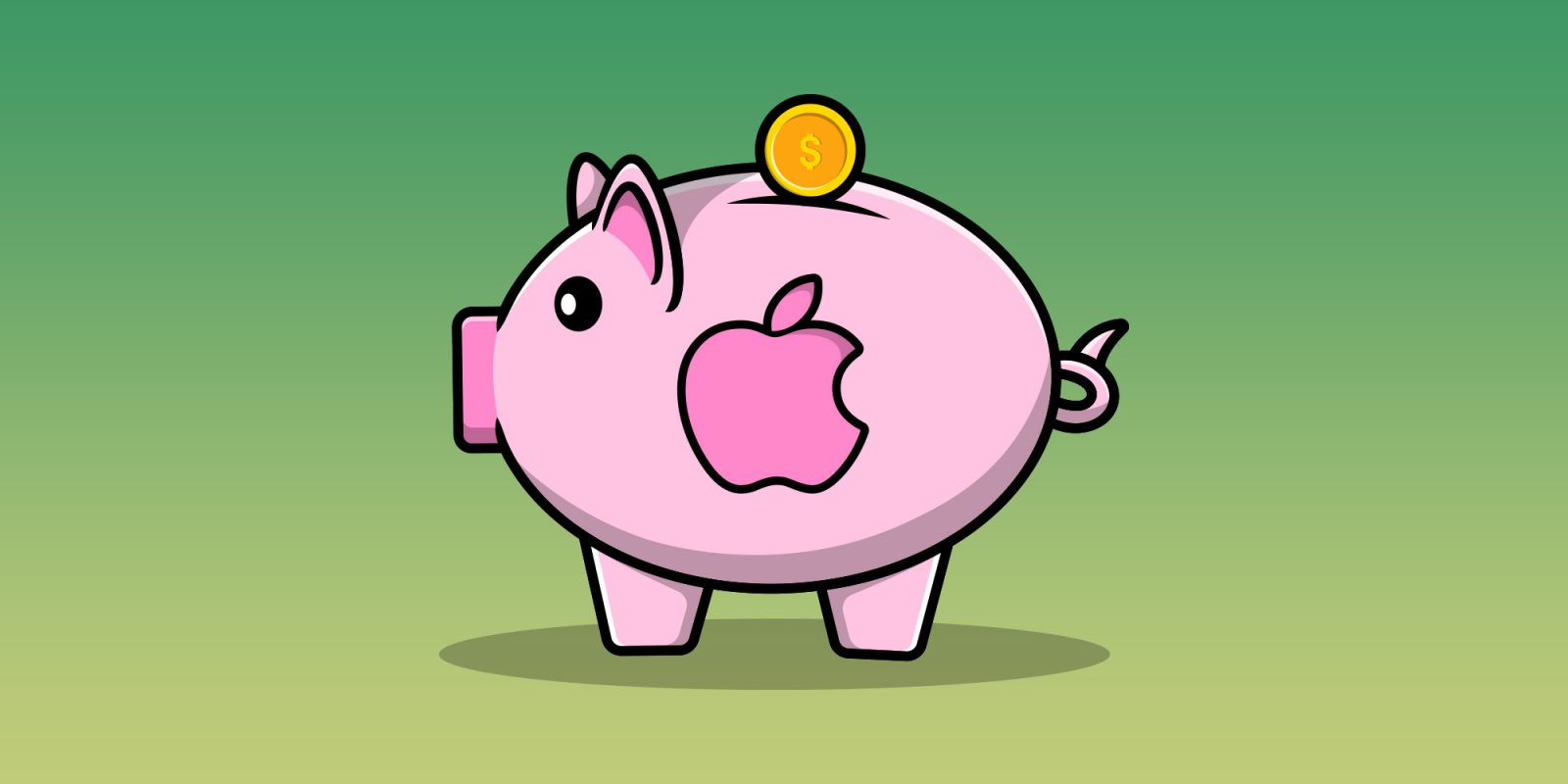
Within the last month, Apple has launched Apple Card Savings Account and Apple Pay Later as it continues to push further into consumer finance. A new report from the Financial Times today goes behind the scenes on Apple’s work in finance.
The report includes details on Apple’s relationship with Goldman Sachs, how “Tap to Pay on iPhone” could signal its broader goals in payment networking, and much more.
In the early days of Apple Card, Apple had a simple pitch to Goldman Sachs on why the two should team up. A former Apple executive cited in the report explained how Apple had all the negotiating power in the relationship:
Apple had leverage. Goldman saw the Apple Card as a pivotal product to show it could cater to Main Street customers. “The offering to Goldman was — ‘hey, you don’t have a consumer product and guess what? We can get you access to all Apple customers,’” says a former Apple executive. “Apple was aware so they squeezed everything they could out of that negotiation.”
According to the report, when Apple and Goldman Sachs were approaching the launch of Apple Card, the two companies hit a bit of a roadblock. Apple wanted to market its credit card as “the most secure credit card ever.” Goldman Sachs, however, disagreed with this idea, leading to “one of the biggest debates” between Goldman and Apple prior to the launch.
Goldman Sachs executives argued that “you’re open to lawsuits if you say it’s the ‘most’ anything,” the report explains. This was apparently a strong enough argument to sway Apple, and it settled on marketing that the Apple Card “provides a new level of privacy and security.”
Another former Apple executive cited in the report also says that the company’s customer acquisition cost for Apple Card was “laughably lower than every other credit card company” because Apple already had so many “distribution channels” in place.

The report also touches on “Tap to Pay on iPhone,” a new platform Apple debuted last year. Tap to Pay on iPhone essentially turns every iPhone into a payment terminal, allowing businesses to use an iPhone to accept contactless payments without the need for any additional hardware.
Internally, this was developed as Project Muirfield, and while it was “announced to little fanfare,” people who spoke to the Financial Times said it could signal something much bigger:
People familiar with the tech say the implications are far wider: if the buyer and the merchant are both using iPhones or iPads to process payments, that gives Apple the capability to create a closed-circuit that doesn’t require banking partners or networks run by Visa and Mastercard.
“Right now, they can’t upset banks, and they can’t separate network partners — it’s too important for distribution at the start,” says a former Apple employee. “But you can imagine that the pendulum swings: as more and more people use Apple Pay . . . then the leverage moves into Apple’s camp and they can make other plays that aren’t so dependent on the banks.”
As for whether the “big banks” are worried about Apple’s push into finance, the report points to recent comments from American Express executive Stephen Squeri. Speaking to analysts and investors on Thursday, Squeri acknowledged that American Express can’t sit idly by as competition from big tech companies like Apple increases.
Squeri said that the company’s competition isn’t necessarily other banks, but rather “fintechs and big tech companies.” Companies like American Express “have to develop a better value proposition,” he explained. “We worry about everybody.”
Looking to the future, some analysts question whether Apple is ready to deal with the regulation and red tape of the financial industry. Others say Apple is in a position to make waves in finance thanks to its market penetration, user data, and more.
Bloomberg has also reported on Apple’s ambitions for financial services, under the company’s “Project Breakout” strategy to bring more of the finance tech in-house. This would reduce its reliance on companies like Goldman Sachs.
The full report at the Financial Times is well worth a read. It goes in-depth on what analysts think of Apple’s future in the financial industry and more.
FTC: We use income earning auto affiliate links. More.





Comments